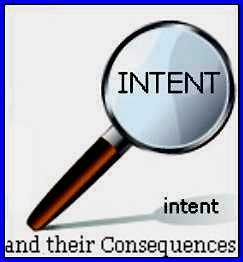
Amendments to WESA due to the corona virus now enables the use of electronic wills and electronic witnessing of wills.
The amendments to WESA are basically those of sections 35 and 55 of the act relating to the witnessing and revocation of electronic wills.
One of the most significant aspects of the amendment is to make permanent the changes on remote witnessing of wills, so that, for example, if a person is under a disability, quarantine, lives in rural or remote communities, or would have difficulty attending a lawyers are notary’s office due to child care or other responsibility, will allow the use of technology for the witnessing a will by people who are in different locations.
The amendments will be deemed to have taken effect on March 18, 2020, the date in which the provincial state of emergency in relation to covid -19, was declared.
The second amendment will enable the courts to accept wills that are created on a computer and signed electronically and for which there is no printed copy.
Under the amendments and electronic will is defined as a will that is in electronic form. A will is an electronic form if it:
- is recorded or stored electronically;
- can be read by a person; and
- is capable of being reproduced in a visible form.
An electronic will is signed by an electronic signature, which means information in electronic form that a person has created or adopted in order to sign a record. And that is in, attached to or associated with the record.
Under the amendments and electronic will is conclusively deemed to be signed if the electronic signatures in, attached to or associated with the will, so that is apparent the will maker intended to give effect to the entire will.
The amendments also give directions on how to alter or revoke an electronic will.
An electronic will is revoked only in one or more of the following circumstances:
- by the will maker, or a person in the presence of the will maker and by the will maker’s direction, the leading one or more electronic versions of the will or of part of the will with the intention of revoking it;
- by the will maker, or a person in the presence of the will maker and by the will maker’s direction, burning, tearing or destroying all or part of a paper copy of the will in some manner, in the presence of a witness, with the intention of revoking all or part of the will;
- by any other act of the will maker, or another person in the presence of the will maker and by the will maker’s direction, if the court determines under section 58 ( relating to curing deficiencies that
- the consequences of the act of the will maker or the other person is apparent;
- the act was done with the intent of the will maker to revoke the will, in whole or in part.
A written declaration made in accordance with section 55 may be in electronic form and signed with an electronic signature.
For certainty, and in and for it in deletion of one or more electronic versions of a will or part of a will is not evidence of an intention to revoke the will.




